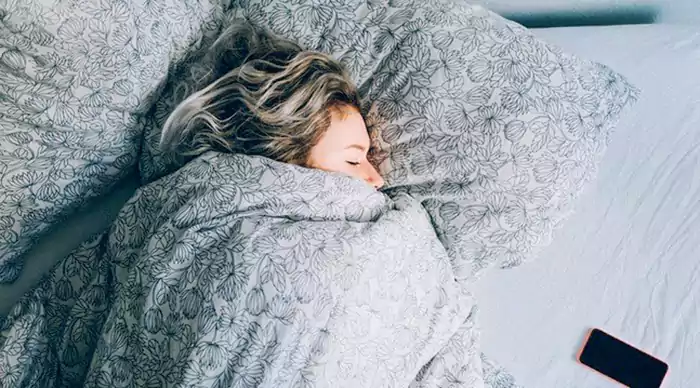Do Women Need More Sleep Than Men
Experts recommend the same amount of sleep for both men and women, but research suggests that fluctuations in women’s hormones throughout their lifetime may affect their sleep patterns.
Everyone needs and deserves a good night’s sleep. But do some people really need more than others?
While both men and women generally require similar amounts of sleep, emerging research suggests that women may experience sleep disruptions more frequently than men. This could be due to a combination of biological, hormonal, and social factors that influence their sleep patterns.
How much sleep do women need?
Current research suggests that women need at least 7-9 hours of sleep every night. In fact, research suggests that women who get more than 9 hours of sleep may be more susceptible to obesity and other health issues.
Despite 7-9 being the recommended amount of sleep, research has found that about 30% of adults are not getting enough sleep, as their average sleep duration falls outside the recommended 7-9 hours per night.
Additionally, even among those who typically get 7-9 hours of sleep on average, around 40% of nights still fall outside this range. Only 15% of participants manage to sleep between 7 and 9 hours on at least 5 nights per week.
Why would there be a difference?
Although men and women appear to need similar amounts of sleep, research has found that hormonal differences in women, particularly related to oestradiol, can impact sleep quality and efficiency.
These hormones influence sleep consolidation and sleep-wake cycles, contributing to differences in sleep patterns during various life stages, such as:
• puberty
• menstruation
• pregnancy
• perimenopause
• menopause
Hormonal factors
Research suggests that hormonal fluctuations throughout different life stages can significantly affect sleep. For example, menstruation, particularly during the premenstrual phase, can make it difficult to get a good night’s rest.
Pregnancy also brings changes in hormone levels, leading to:
• fatigue
• drowsiness
• frequent urination (causing lots of nighttime trips to the bathroom)
• RLS
• breathing concerns
As women enter perimenopause and menopause, fluctuating hormones can cause symptoms like hot flashes and night sweats, which can disrupt sleep.





ارسال دیدگاه
مجموع دیدگاهها : 0در انتظار بررسی : 0انتشار یافته : ۰